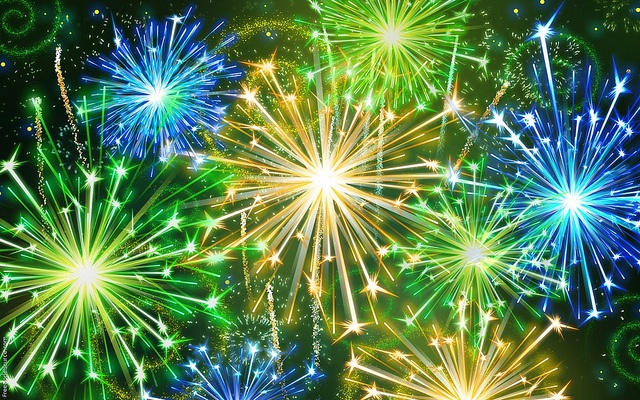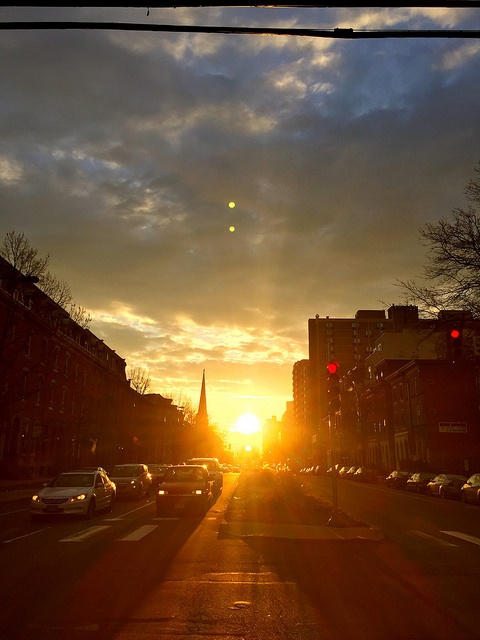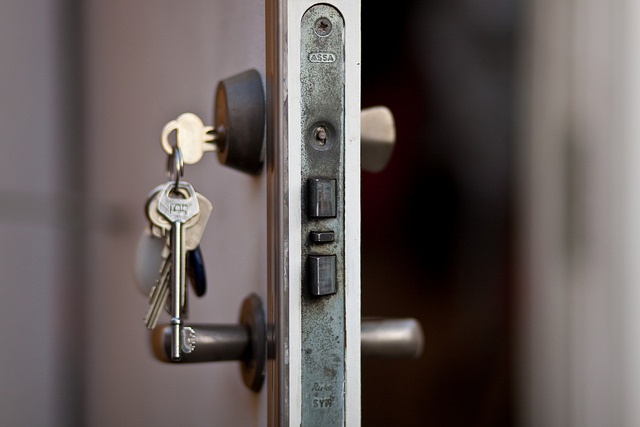Martin has been living on the streets for a number of years. As the case manager responsible for helping him obtain housing, I had concerns about his ability to manage in an apartment of his own and knew that he would need support. However, Martin wanted his own apartment, and ultimately, it was his decision, not mine.

New Year’s is here, and with it come your New Year’s resolutions. Like a whisper in your ear from a better version of yourself, New Year’s resolutions are more often carried out for awhile and then ignored as time passes. But, that is not a reason to avoid them entirely. Much like the concept of avoiding your primary care provider to ensure that you never hear what’s actually ailing you - never setting new goals means you’re destined never to fail, right? That’s wrong. I don’t mean to be patronizing, but some failure is inevitable, so don’t undermine your drive to become a better person just because you’re afraid to fail. Let’s call it long-term self-care.
12/29/16 12:20 PM | George Payne | Self-Care
Read More
For those living in the Northern Hemisphere, the Winter Solstice on December 21 marks the longest night of the year. It has been marked by a rich history of gathering and revelry. Communities traditionally came together to keep a spark of hope alive for a new and brighter tomorrow--literally and metaphorically.
Today, in cities across the country, the Winter Solstice marks a different sort of gathering--one of remembrance, respect, solidarity, and responsibility. We remember those individuals, children, mothers, daughters, sons, and fathers we lost to homelessness and poverty--those we failed to help.
12/21/16 02:57 PM | Collin Whelley | Poverty, Social Justice, Homelessness
Read More
I am affected by Seasonal Affective Disorder, or SAD for short. Ironic as it may seem, SAD tends to make me sad. It affects my mood, my motivation, and my ability to focus.
What is the cause of this yearly disturbance? It’s related to the change in seasons. As autumn progresses, the sun shines more directly over the Southern Hemisphere, until it reaches December 25, when it begins to make its way slowly back toward the equator and the Northern Hemisphere. This scientific phenomenon is the reason why the sun does not rise quite as high in the fall and winter as it does throughout the rest of the year. Lasting darkness causes my seasonal depression and lethargy.
When I was a kid, my parents would trick me into an earlier bedtime by reminding me that when it was dark outside, I should be asleep. Now at 26 years old, I just feel depressed during the darkest months of the year. It’s hard to wake up because it’s still dark outside. My office doesn’t get much natural light, so I’m sleepy all day. And, the sun begins to set before or during my commute home. Thus, I’m sluggish, mildly depressed, and my diet shifts radically toward fatty, salty, comfort foods.
12/15/16 12:34 PM | George Payne | Self-Care, Mental Health
Read More






